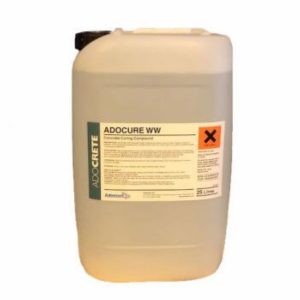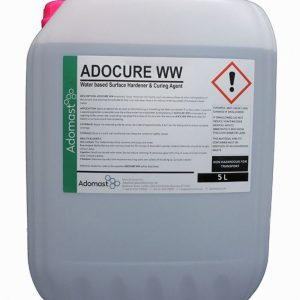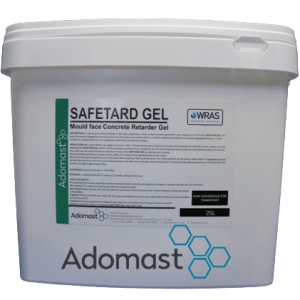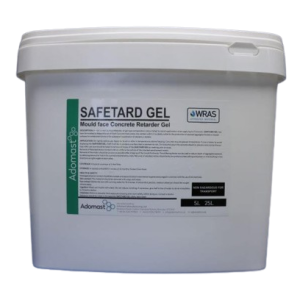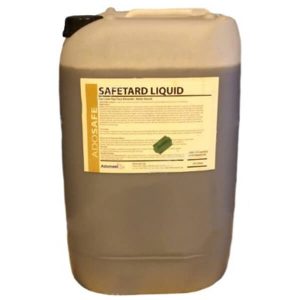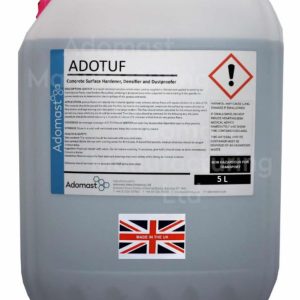Concrete Curing Agents and Retarders
Brand
Type
Pump Type
Pump Size
Inverter Size
Battery Size
Number of Pumps
Discharge Points
Width
Length
Area
Size
Material
Components
Features
Pack size
Suitable for
Color
Thickness
Maximum Repair Depth
Application Area
Variants
Depth
Density
Range
Showing 25 out 25 products
-
NATCEM Retarder – 80g
£5.14 incl. VAT£4.28 excl. VAT -
Adomast Adocure WW Surface Hardener & Curing Agent – 25 Litre
£30.67 incl. VAT£25.56 excl. VAT -
Adomast Adocure WW Surface Hardener & Curing Agent – 5 Litre
£10.06 incl. VAT£8.38 excl. VAT -
Adomast Safetard Gel Water-Based Surface Retarder – 25 Litre
£53.00 incl. VAT£44.17 excl. VAT -
Adomast Safetard Gel Water-Based Surface Retarder – 5 Litre
£16.38 incl. VAT£13.65 excl. VAT -
Adomast Safetard Liquid Surface Retarder – 25 Litre
£40.86 incl. VAT£34.05 excl. VAT -
Adomast Safetard Liquid Surface Retarder – 5 Litre
£14.40 incl. VAT£12.00 excl. VAT
Showing 25 out 25 products

